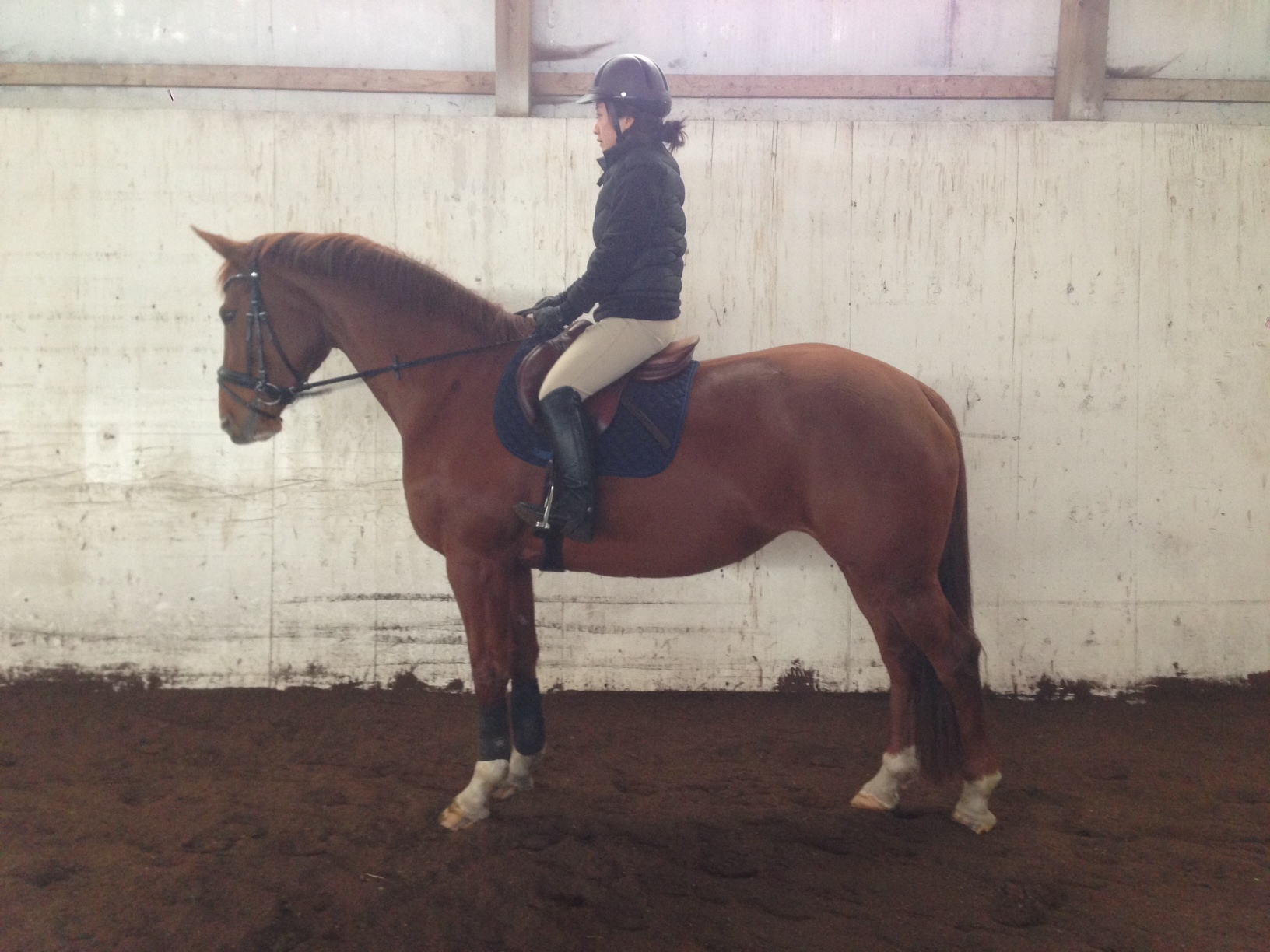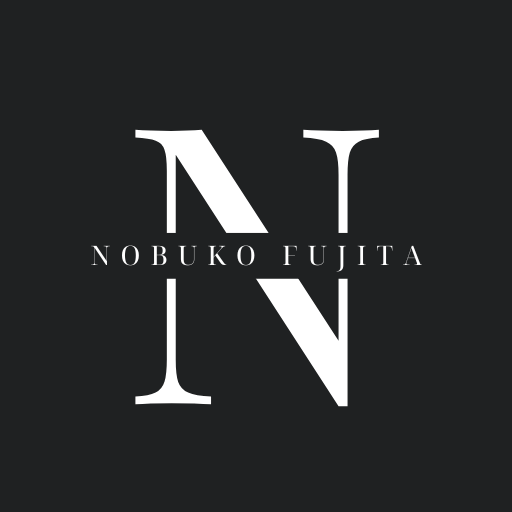 Recently, while conducting a literature search for yet another grant application, I came across the Wikipedia entry on flow. I have long been fascinated by Mihaly Csikszentmihalyi’s psychological concept of flow, which describes a mental state in which one is completely immersed or focused in performing an activity.
Recently, while conducting a literature search for yet another grant application, I came across the Wikipedia entry on flow. I have long been fascinated by Mihaly Csikszentmihalyi’s psychological concept of flow, which describes a mental state in which one is completely immersed or focused in performing an activity.
According to the entry, flow has applications in education, music, religion and spirituality, gaming, and sport. A picture is worth a thousand words, and the photo of a horse and rider jumping over a fence in the cross-country phase of the equestrian sport of eventing drew my eye. The caption suggests that flow may occur in a challenging sport such as Eventing. This piqued my interest, for when I am not immersed in academic development work and family life, I am an aspiring eventer.
Eventing is the equestrian equivalent of the triathlon, where a single horse and rider combination compete against other combinations across three disciplines of dressage, cross-country, and show jumping. Historically, it has its roots in a comprehensive cavalry test requiring mastery of a variety of riding types. Whereas I am unlikely to ever ride into battle on horseback, I do appreciate the challenge of mastering the three phases of the sport. This is a very different kind of learning for me. Riding is a close partnership between horse and rider. There must be a careful orchestration of communication between us if we are to dance in dressage or safely clear solid fences while galloping around a hilly cross-country course. I am still learning to coordinate my cognitive, artistic, and physical skills to communicate effectively with my horse, Solo, who is a kind, highly responsive, well-schooled athlete. We are a good team, but to ride Solo effectively, I need to ride her in a much more physical way than I had ridden my previous mounts–smaller, off-the-track throughbreds–in order to control a very large and powerful warmblood mare. This physical knowing with a partner, in concert with the cognitive and artistic aspects is something that is very unique to riding, and a new kind of learning for me. I suppose my yoga practice and running had some similar aspects, but those were individual activities rather than partnerships!
Flow is still a work in progress in my riding. Sometimes, I feel immense joy when I am sitting squarely on my seat bones, cueing Solo in a correct and timely manner and Solo performing beautifully to reward me for getting it right. In comparison, in my academic work, I often achieve flow as I write grants or design learning environments. I am frequently so immersed in my work that my colleagues in the Office of Open Learning can enter my office and I would barely notice them at all in my singular focus on my work. It may be that I need more time on task on riding over time to attain flow. Admittedly, I took a large (20+years) break from riding as a teenager and only returned to riding just over a year ago. I just do not have the same level of expertise in my riding that I have attained in my professional work, where I have been researching and teaching in the same field for 15 years. I am an adult amateur rider who works a demanding full-time job, but I am hoping to complete some events this show season, starting with a local combined training (dressage and stadium jumping) event in early May, then progressing to a horse trial (all three phases) later in May, and hopefully to a provincially-recognized event in June or July.

Leave a Reply